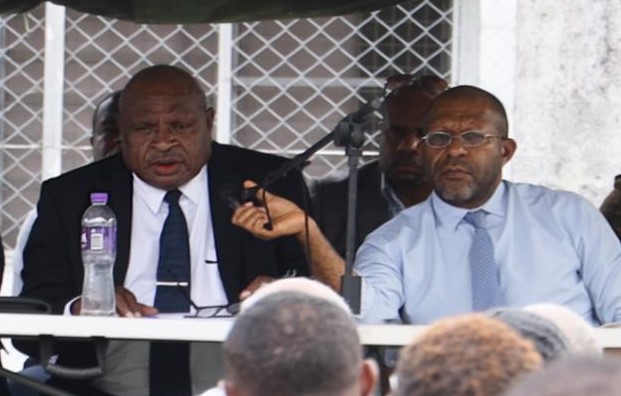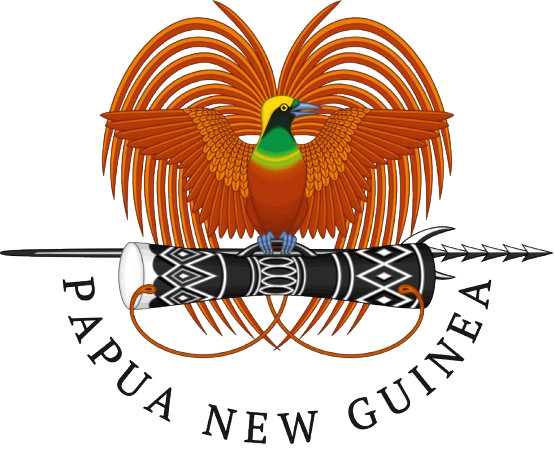Friday 26th May 2023

The PNG Defence Force Commander, Major-General Mark Goina, has clarified the intent behind the Defence Cooperation Agreement (DCA), stating it will serve as a fundamental framework upon which Papua New Guinea and the Unites States will further strengthen bilateral relations and improve capacity of the Defence Force.
Major General Goina, when addressing a public information forum at Murray Barracks on Tuesday 23 May, said the forum will counter public misconceptions on the recently signed Defence Cooperation Agreement and status of Forces Agreement (SOFA) between PNG and the United States.
The purpose of the forum was to address public misconceptions, assess the status and capabilities of the PNG Defence Force, and clarify the agreement’s impact on sovereignty and democracy.
The leaked draft of the DCA had caused public apprehension, with some fearing that it would grant full immunity to the US military upon their arrival in Papua New Guinea
Major General Goina emphasized the need for external participation to support and advance the defence force.
“Our government alone cannot adequately support the defence force, thus we require outside participation to propel the PNG Defence Force forward,” stated Major-General Goina.
He outlined five key areas of focus for improvement, including ensuring the duty of care to Defence Force personnel and their families; aligning the Defence Force with the government’s capabilities to improve operational proficiency; enhancing infrastructure; building the nation through an improved reserve program; and elevating the PNG Defence Force’s level of capability to meet international standards.
Major-General Goina revealed that a policy submission is being prepared for the National Executive Council (NEC) next week, highlighting the need for substantial funding to reach an 80% readiness level.
PNG Defence Force Director of Legal, Mr Anthony Keri Hamani, explained the significance of the Defence Cooperation Agreement, emphasizing that it builds upon the Defence Act and allows for the establishment of defence agreements with other countries.
He added that the United States, drawing upon its experience, has offered capacity-building support to enhance the PNG defence force.
This agreement represents an evolution from the existing SOFA and complements DCAs already in place with Australia and Indonesia.
Mr Ari John Akipe, PNG Department of Defence Secretary, highlighted the importance of strategic partnerships and clarified that the DCA does not compromise the constitution or influence democracy
He cited existing SOFAs with countries such as Australia, Indonesia, France, China, the UK, Malaysia, and India, and emphasized that the DCA with the United States has
undergone a rigorous legal process to address challenges while safeguarding PNG’s interests.
Department of Foreign Affairs Secretary and Lead Negotiator of the DCA and SOFA Agreement, Mr Elias Wohengu, addressed concerns regarding the agreement’s implications.
He clarified that the recent signature of the DCA does not grant immediate entry to the US military in PNG; it is an authentication process pending parliamentary debate. Mr Mr Wohengu reassured the public that the DCA framework will undergo parliamentary review, emphasizing that it upholds PNG’s sovereignty and democratic principles.
He encouraged open dialogue and urged students to engage with relevant authorities to express their opinions.
The Defence Cooperation Agreement and Ship Ryder Agreement signify an important milestone in strengthening PNG’s defence capabilities.
As the government seeks support from international partners, efforts are being made to ensure that the agreement aligns with PNG’s national interests while reinforcing its position on the global stage.
The forum aimed to address concerns, clarify the agreement’s provisions, and reassure the public that PNG’s sovereignty and democratic principles remain intact.

